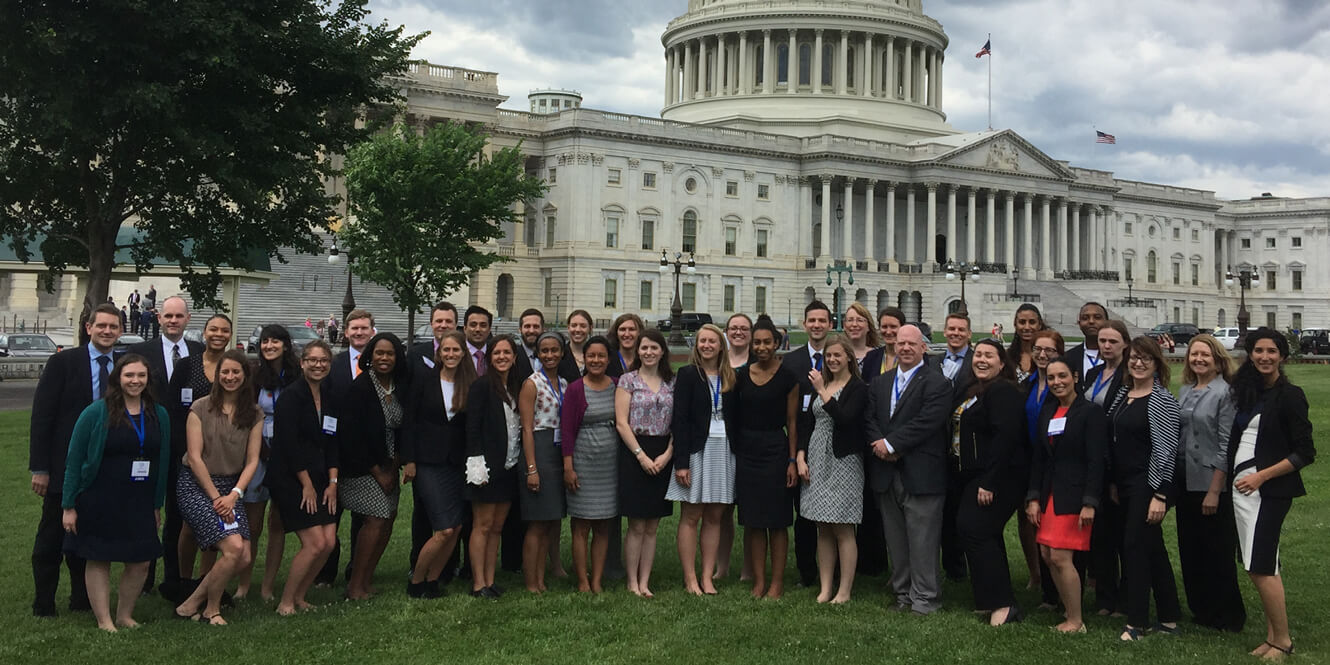“Lastly, I would address one general admonition to all — that they consider what are the true ends of knowledge, and that they seek it not either for pleasure of the mind, or for contention, or for superiority to others, or for profit, or fame, or power, or any of these inferior things, but for the benefit and use of life, and that they perfect and govern it in charity. For it was from lust of power that the angels fell, from lust of knowledge that man fell; but of charity there can be no excess, neither did angel or man ever come in danger by it.”— Francis Bacon.

The 21st AMS Summer Policy Colloquium gets underway today. Some thirty early-career scientists and government meteorologists will gather (virtually, this year as last, thanks to the pandemic) for fourteen zoom sessions from June 7-15. They’re following in the footsteps of more than 600 scientists who’ve participated in the program over the years.
Why have so many of our colleagues made this investment? Actually, the cost in time and attention is only the tip of the iceberg. The Colloquium is really no more than the portal, an invitation to a lifetime of risk and challenge calling for the utmost science talent; stupefying levels of effort sustained not for months but years; yes, and raw courage and even sacrificial love.
Participants come because they want to see their science benefit life (in Bacon’s words), and because they understand that the key to that outcome, at scale, is to align institutional and governmental policies with reality – with physical realities, with social realities, and as Bacon noted, spiritual realities and values. They recognize they can play their part to the fullest only by becoming as disciplined in their approach to policy as they are to their science.
The Colloquium model is a simple one: it consists of conversation and invitation. The early-career participants meet with a roughly equal number of speakers over the period – speakers at different career stages, but who are generally a bit further down the road. Speakers share an appreciation for what policy is, how it can put science to work, what it’s like to labor in the policy world, and what that work can achieve. Participants are challenged and inspired. At the same time, participants are so full of potential and positive energy that speakers are renewed and refreshed by the encounter. They return to their labors with rekindled vigor. And they willingly return to meet with Colloquium participants year after year. Relationships are sown. Career trajectories and lives are changed. Science more effectively benefits life.

Francis Bacon, though a flawed individual like the rest of us, embodied these ideals. He played a role in transforming science from the mere introspections of Empedocles, Aristotle, Galen, and the rest to the evidence-based, theoretically-sound work we know today. And politically he worked at the highest levels, serving as attorney general and Lord Chancellor of England. Read the Wikipedia biography, and you’ll find that in the end he may well have given his life in pursuit of his science.
And he understood that love, sacrificial love (captured in the Elizabethan word “charity”) was and remains at the root of it all.
He knew that love makes the world go round[1].
[1] Perhaps you might want to end your time with this post by hearing and seeing the Devon Jackson video of the popular song by the same name. Or maybe you would prefer a Jennifer-Lopez-Lin-Manuel lyric video on the same theme. Go for it!
